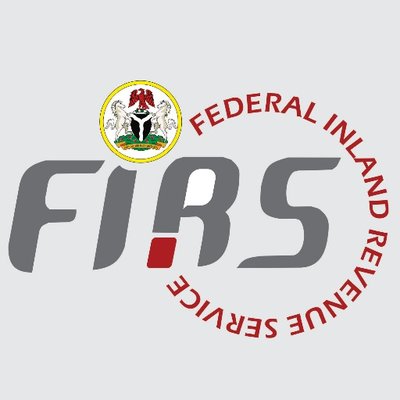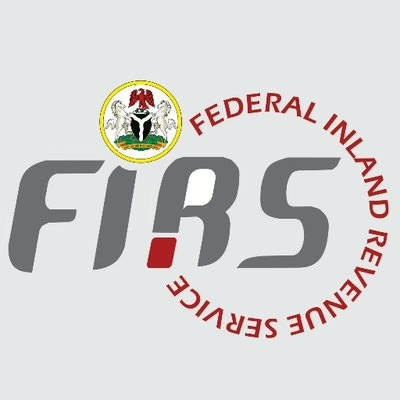
Thousands of Major Taxpayers Still Pending Completion of FIRS E-Invoicing Registration
The Federal Inland Revenue Service (FIRS) has introduced the e-invoicing platform, commonly referred to as the Merchant-Buyer Model, to streamline tax processes. This digital system is designed to enhance the efficiency, speed, and transparency of tax compliance for all taxpayer segments, particularly large-scale businesses.
Current Status of E-Invoicing Adoption Among Large Taxpayers
Despite the clear benefits and regulatory requirements, over 4,000 large taxpayers have yet to finalize their onboarding onto the FIRS e-invoicing system. This delay poses challenges to the government’s efforts to modernize tax administration and improve revenue collection.
Understanding the Merchant-Buyer Model and Its Impact
The Merchant-Buyer Model facilitates real-time exchange of invoice data between sellers and buyers, ensuring accuracy and reducing the risk of tax evasion. By automating invoice generation and submission, the system minimizes manual errors and accelerates the tax filing process.
Why Timely Compliance Matters
With Nigeria’s tax-to-GDP ratio hovering around 6%, significantly below the global average of approximately 15%, the adoption of e-invoicing is critical to boosting government revenue. Prompt integration into the e-invoicing system will not only help taxpayers avoid penalties but also contribute to a more transparent and accountable fiscal environment.
Steps for Large Taxpayers to Complete Onboarding
Taxpayers are encouraged to visit the official FIRS portal to register and complete the e-invoicing setup. The process involves submitting business details, integrating invoicing software with the FIRS platform, and undergoing verification. Support and guidance are available through FIRS helpdesks and online resources.
Looking Ahead: The Future of Tax Compliance in Nigeria
As digital transformation accelerates globally, Nigeria’s move towards mandatory e-invoicing aligns with international best practices. Countries like South Africa and Kenya have reported significant improvements in tax compliance and revenue collection following similar implementations. Embracing this technology will position Nigerian businesses for greater efficiency and foster a culture of tax responsibility.




















0 Comments